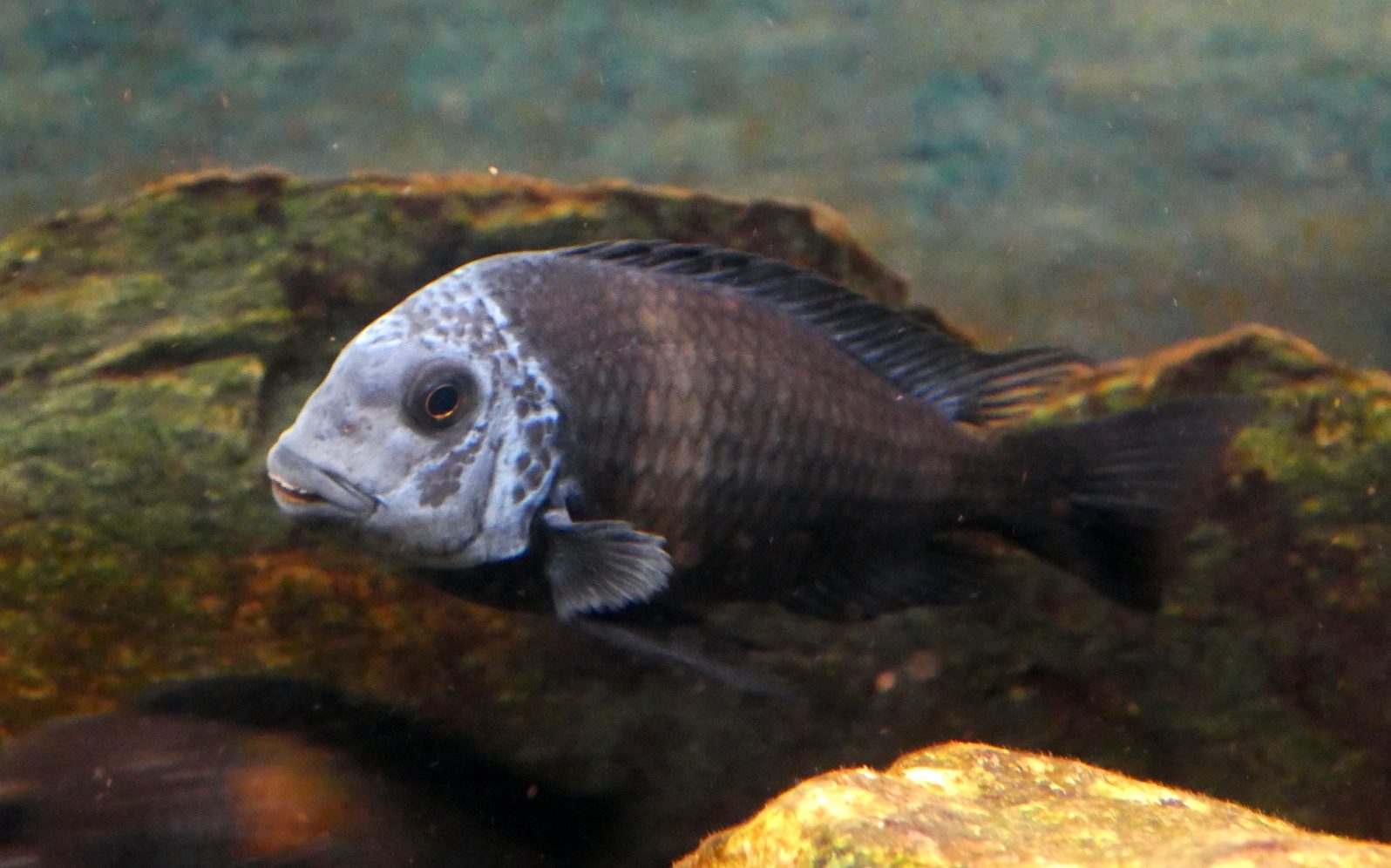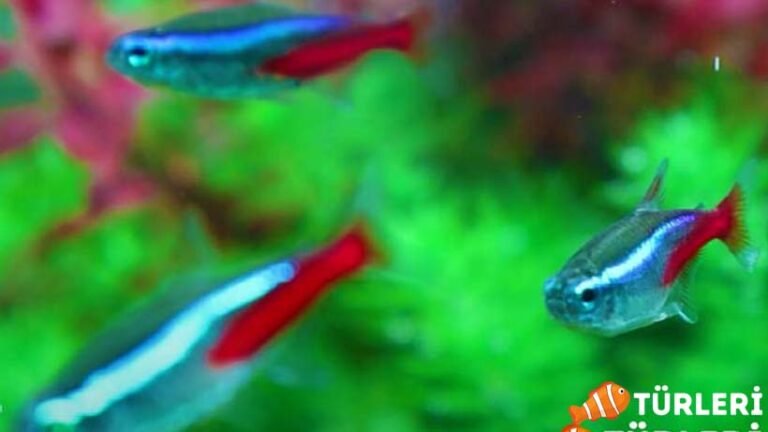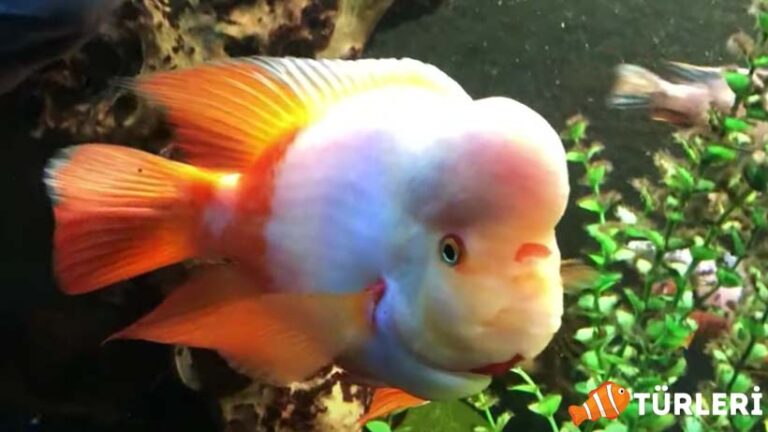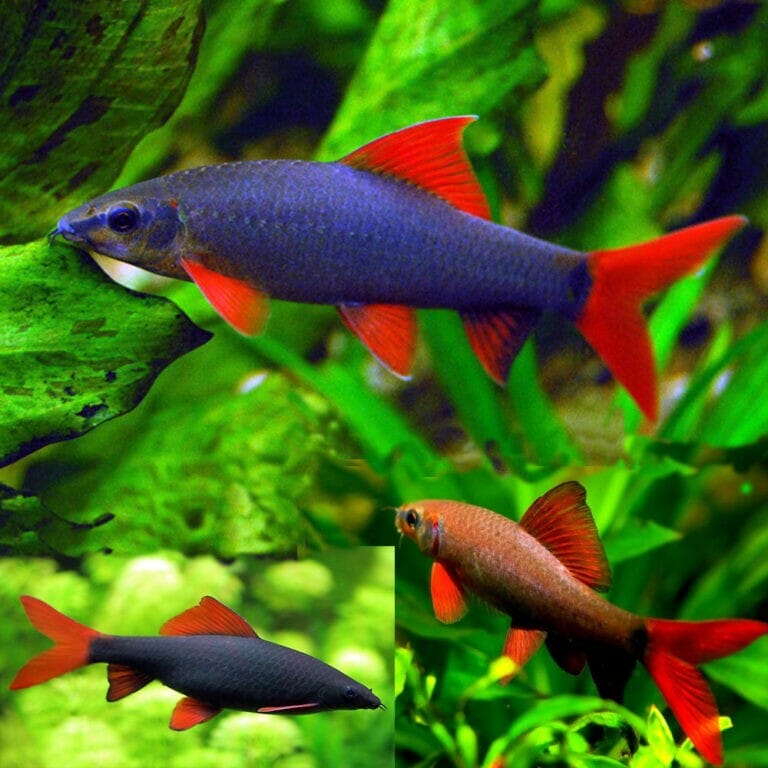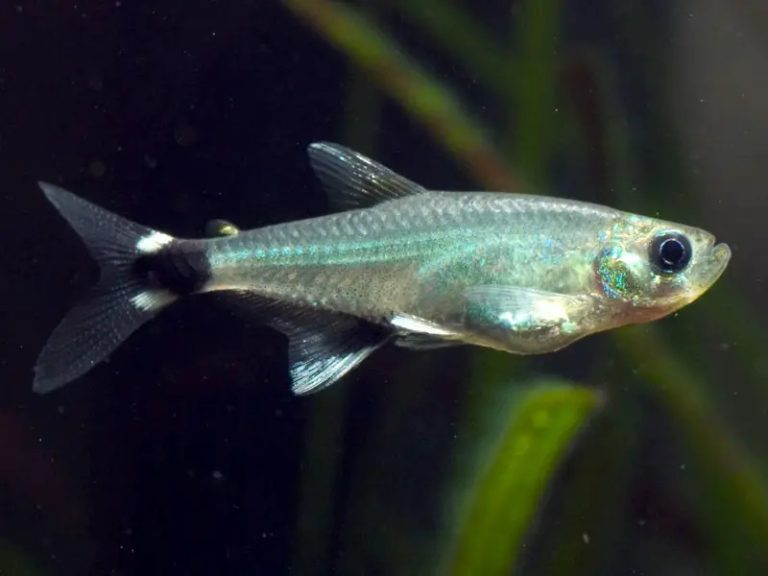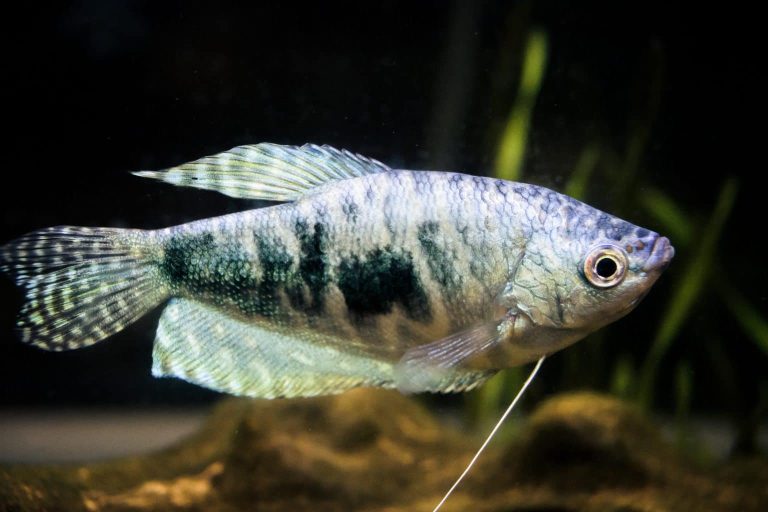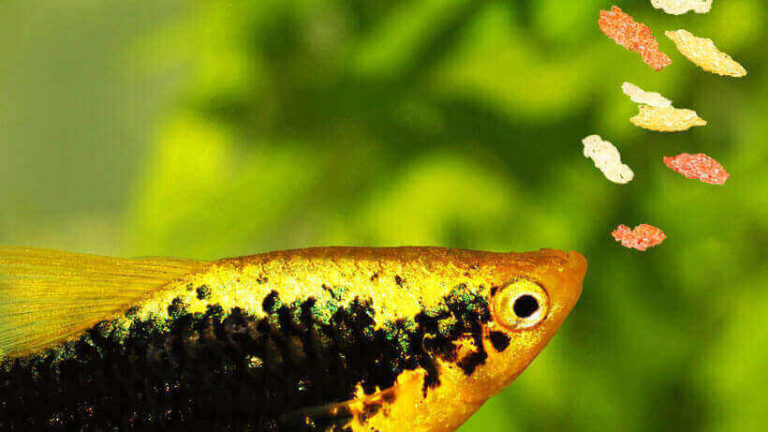Tropheus Fish: Care, Features, and Gender Differentiation
Tropheus is a cichlid species native to Lake Tanganyika and maintains its popularity among aquarium enthusiasts. These fish are known for their colorful and striking patterns. However, they can face health issues if not given proper care. In this article, we will touch on many topics, from the characteristics of Tropheus fish to their ideal aquarium conditions and gender differentiation.
Features of Tropheus Fish
Fish of the Tropheus genus are native to Africa’s famous Lake Tanganyika. The lake is one of the oldest and deepest in the world, and it houses many endemic fish species. Tropheus is an algae-eating cichlid that lives in the rocky areas of this lake. Different color and pattern characteristics are observed in juveniles and adults. For example, while the Tropheus duboisi is recognized by the white spots on its body when young, these spots disappear in adulthood, and it is characterized by a blue face.
Summary of Tropheus Fish Species
| Scientific Name: | Tropheus |
| Origin: | Lake Tanganyika, Africa |
| Diet: | Primarily herbivorous (algae-based) |
| Behavior: | Aggressive |
| Behavior Towards Its Own Kind: | Aggressive |
| Swimming Area: | Middle and bottom levels |
| Water Temperature: | 24°C ila 28°C |
| Water Hardness: | 10-20 dGH |
| pH Level: | 7.8 – 9.0 |
| Minimum Aquarium Volume: | At least 200 liters |
| Adult Size: | Average 10-15 cm (varies depending on the species) |
| Reproduction: | Difficult; it’s a mouthbrooding species |
| Lifespan: | Average 8-10 years (with proper care) |
| Care: | Moderate level. |
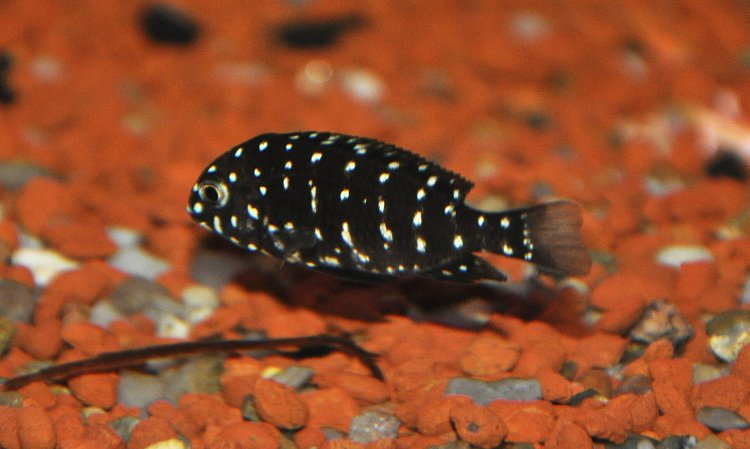
Tropheus Fish Ideal Aquarium Conditions
Tropheus fish are endemic species of Lake Tanganyika, and replicating their natural living conditions in an aquarium environment is critical for them to be healthy and long-lived.
Tank Size:
Tropheus fish are quite active and need space to swim. Therefore, an aquarium of at least 200 liters is recommended. If kept in groups, additional space should be provided for each fish. When kept in groups, dominant behaviors can be observed among the individuals, so providing ample swimming space can minimize such issues.
Decoration:
Since their natural habitats are rocky areas, it is important to recreate these conditions in the aquarium. Caves and hiding spots will help reduce stress and make the fish feel more comfortable.
Water Quality:
Lake Tanganyika is an alkaline lake with a high pH value. Therefore, the ideal pH value for Tropheus fish is between 7.8 – 9.0. Keeping the water temperature between 24°C and 28°C is also essential. It is recommended to test the water regularly and make adjustments if necessary.
Filtration:
Tropheus fish require high levels of oxygen, so a strong and effective filtration system is a must. Changing 10-20% of the water weekly helps maintain high water quality.
Lighting:
Medium-level lighting is sufficient for the fish. Implementing a lighting program that mimics the daylight duration of their natural habitat is beneficial.
Feeding:
In the wild, Tropheus fish mainly consume algae. Therefore, algae-based foods should be their primary source of nutrition. In addition, giving protein-rich foods in moderation will support the fish’s healthy growth. Care should be taken on the amount of food given at regular intervals, as overfeeding can be harmful to the fish.
Providing these conditions for Tropheus fish allows them to live a healthy and extended life. With proper care and attention, these beautiful fish can add color to your aquarium for many years.
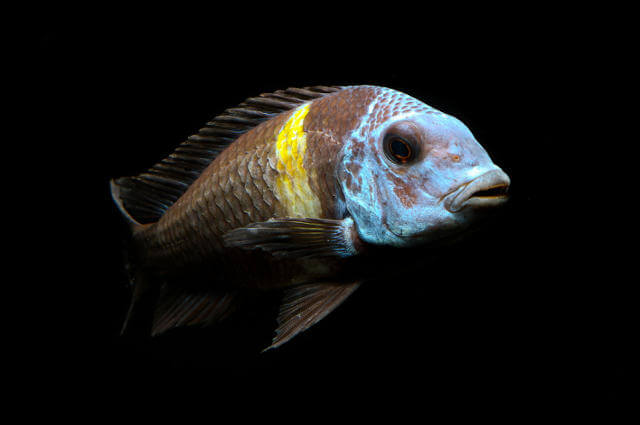
Sexing in the Tropheus Genus
Determining the gender of these fish can be challenging. However, some general observations and experience can provide hints for sex differentiation:
- Males tend to be slightly larger than females.
- White spots may be found at the tip of the anal fin in males.
- Males might exhibit more aggressive behavior when defending territories.
- Observing the fish’s reproductive behavior is the most reliable method for accurate gender determination. Female Tropheus brood their eggs in their mouths.
In conclusion, Tropheus fish have secured a popular spot in the aquarium hobby due to their colorful appearance and active behaviors. However, caring for these fish demands detailed attention and knowledge. Ensuring ideal tank conditions, proper feeding, and accurate sex differentiation is critical for these fish to lead a healthy and happy life. With the right care and attention, you can ensure that Tropheus fish thrive in your aquarium for many years.

